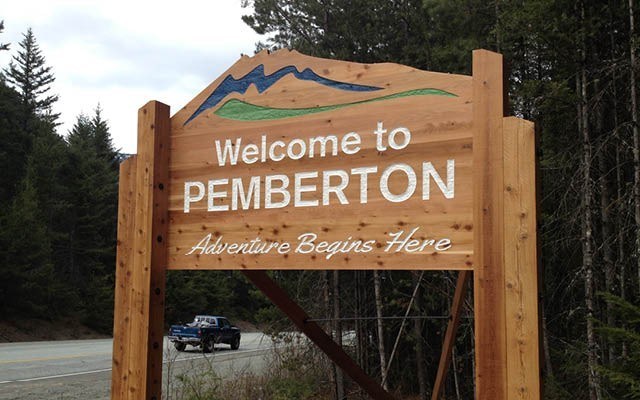Threatening to leave Whistler is as much a local tradition as plaid shirts and complaining about pay parking. For as long as I’ve lived here, I’ve heard friends, coworkers and acquaintances talk about making the inevitable move to Squamish, Pemberton or out of the Sea to Sky altogether.
For the most part, this kind of talk is simply a way to blow off steam in the pressure cooker that is Whistler, where a multitude of factors, from affordability to housing to a dearth of real career options, have conspired to make this otherwise wonderful community a difficult place to set down roots.
But these threats don’t seem as hollow taken in the context of the last two years. Anecdotally at least, it seems like the pandemic was the final push many longtime locals needed to finally seek out, if not greener pastures, a different kind of meadow altogether. It will be telling to see exactly how this has panned out in the 2021 census. We know that, between 2011 and 2016, Whistler’s population grew by more than a fifth. It’s hard to imagine that trend continuing through the resort’s second pandemic year, when Whistler’s very raison d’etre—tourism—looked much different than it ever had before.
So what does this mean for us in the long term? Well, if more locals are making the move to Pemberton and Squamish, it doesn’t take a crystal ball to predict heavier traffic, longer commutes, and more accidents on the highway. Of course, that comes with a higher carbon output, as more vehicles plug Whistler’s main thoroughfare.
We already saw the effects firsthand of Whistler’s mass exodus of seasonal and foreign workers at the onset of the pandemic—according to an October report from the Whistler Community Foundation, 38 per cent of young adults here lost their job due to COVID-19—exacerbating a labour shortage that was already years, if not decades, in the making.
Presumably, at least some of the locals who’ve left for neighbouring communities will continue to hold jobs in the resort, which, as I’ve just mentioned, comes with its own knock-on effects. But you have to assume there is also a segment of those departees who will land work outside of Whistler, if only for the convenience factor. Add in the COVID-fuelled boom in remote work, and you can see how Whistler’s staffing woes are bound to get worse before they get better.
You also have to look at housing, the persistent thorn in Whistler’s side if ever there was one. Between those aforementioned remote workers choosing the relative peace and quiet of Canada’s ski mecca to live, a red-hot real estate market with limited inventory continuing to drive up home prices, and a complete lack of incentive for property owners to rent long-term when they could make more money, with less hassle, posting their place on Airbnb, and you can see how what has historically been the biggest factor pushing locals to leave will only grow in prevalence.
Here’s where I should also mention a troubling stat I hope weighs heavily on our local decision-makers: as of 2016, our most recent census, 61 per cent of the town’s private dwellings were empty or temporarily unoccupied for a chunk of the year. For comparison, Squamish’s vacant home rate was a mere four per cent. It doesn’t take a genius to figure out the obvious lever authorities could pull on to fix that problem: B.C.’s vacant home tax, already in place in the Metro Vancouver, Victoria, Nanaimo and Kelowna areas. Three years in, and experts remain divided on its precise effect on the market, given how difficult it is to disentangle from all the other factors impacting homeowners’ decision-making, but the general consensus is it has helped keep units in the rental stock, along with adding new ones. (The Canada Mortgage and Housing Corporation’s latest rental market report found that in 2020, 3,631 of the 7,137 condo units added to the rental market were conversions of existing units to long-term rental.)
For a town as desperate for affordable housing as we are, this seems a logical route, but for all the lip service our officials pay to the resort’s frontline and seasonal workers, the stark reality is, unlike our second homeowners, the majority of them can’t, or don’t, vote, nor do they possess the same deep pockets. Suffice to say, it’s unlikely our elected officials are keen to bite the hand that feeds them.
This speaks to a less tangible and arguably more important impact arising from our local exodus: the fraying of Whistler’s social fabric. The resort has long relied on the ambition, innovation and generosity of people deeply invested in its success. But if we continue to see long-term locals leaving in droves, and employers having to look farther afield just to fill out their staff, then just how many of those deeply-invested folks will remain? Where does that inherent, institutional knowledge that can only be gleaned from years of lived experience go?
The joke you often hear about our dire labour situation is if you’ve got a pulse, you’ve got a job. But the people who live, work and play here are so much more than just warm bodies—they’re the essence of what makes Whistler tick, and we would do well to keep them around.




